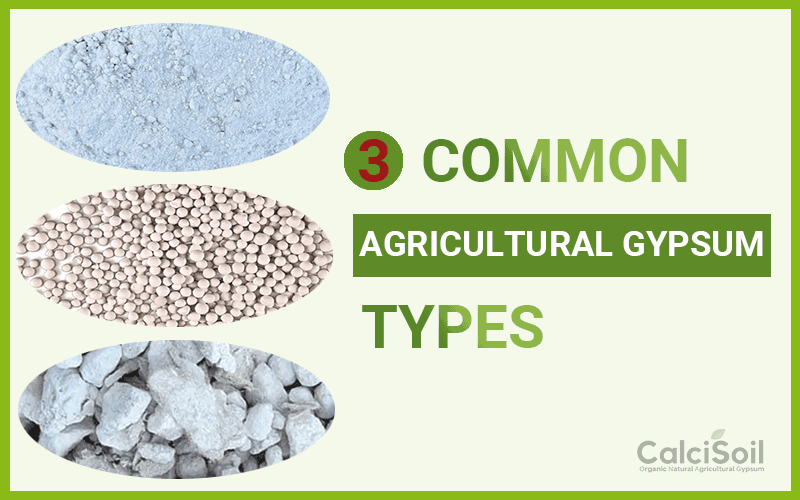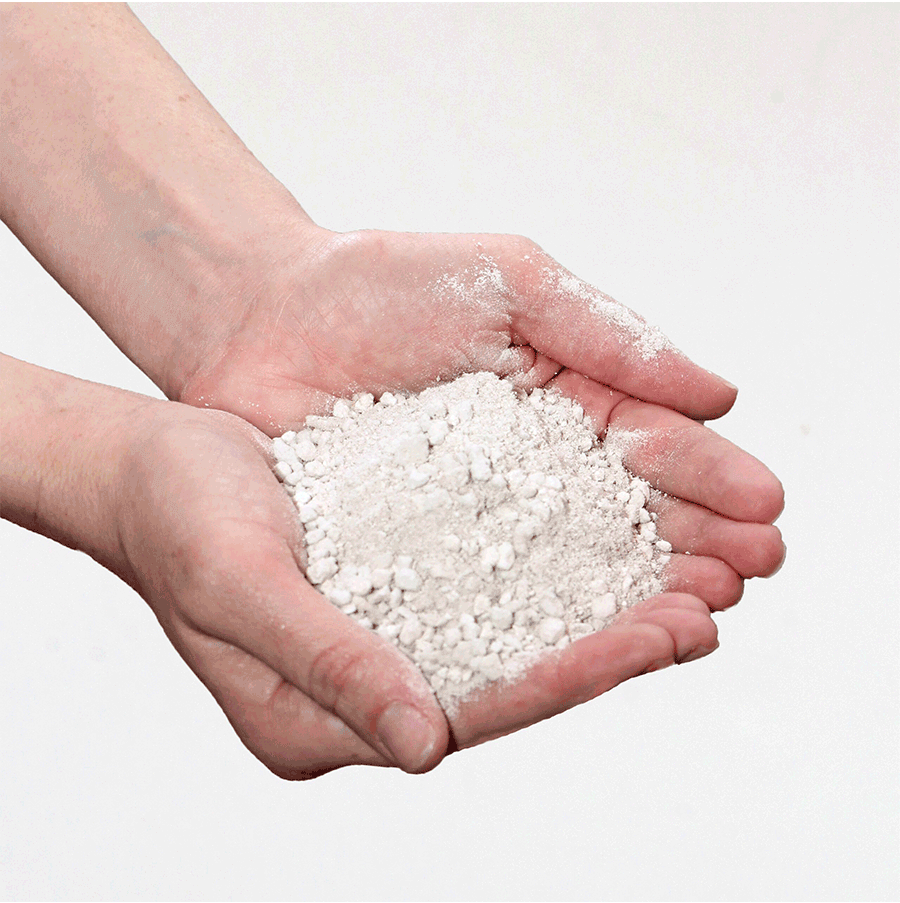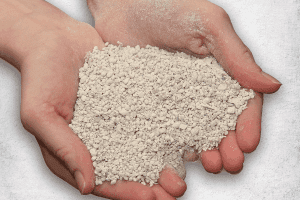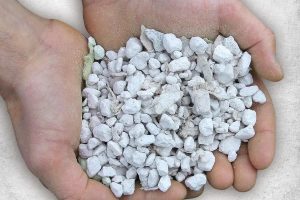3 Common Agricultural Gypsum Types

Agricultural gypsum uses
Agricultural gypsum uses come from centuries. And it has received renewed attention in recent years due to ongoing research and practical insights from leading experts. Gypsum is a source of calcium and sulfur for plant nutrition, improves acid soils and treats aluminum toxicity. It also improves soil structure, improves water infiltration, and helps reduce runoff and erosion. Gypsum also helps soil better absorb water and reduces erosion.
It cuts down on phosphorus movement from soils to lakes and streams and improves soil physical properties. Gypsum is a fertilizer product and supplies the crop-available form of calcium and sulfur. It is a proven resource to add nutrients and improve soil structure. Gypsum can be applied to the topsoil prior to planting or right after harvest. Or dissolved in irrigation water, or applied to hay fields after hay cutting. Gypsum can’t solve every agricultural problem, but it is a beneficial resource for farmers.
Different Agricultural gypsum types
There are different agricultural gypsum types, each serving specific purposes in soil improvement and crop growth. Some common types include these.
Pulverized Gypsum

It’s finely ground form of gypsum used as a soil amendment to improve soil structure and enhance root growth. It helps to flocculate or bind together clay particles in the soil, thus improving soil aeration, drainage, and root penetration. Pulverized gypsum is rich in calcium and sulfur, with typical composition values of around 19% calcium and 14% sulfur. It is available in various particle sizes, typically ranging from 1/4″ to dust. and it can be spread using broadcast or drop spreaders designed for powder.
This type of gypsum is commonly used for agricultural crops, lawns, gardens, compost additive. and also for animal bedding additive, poultry litter amendment, soil stabilization, remediation, and as a bulking, solidification, or stabilization agent. Additionally, it can serve as a water clarifier and find industrial applications. Some products are also labeled as “organic” and considered acceptable for use in organic crop production. Pulverized gypsum is a versatile soil amendment that offers multiple benefits for soil and plant health.
Granular Gypsum

Granular gypsum is a type of gypsum that is coarser than pulverized gypsum. and it is used to supply calcium and plant-available sulfate sulfur to the soil. It is a free-flowing, low-dust, pH-neutral source of soluble calcium sulfate that can be spread with any fertilizer spreader. Granular gypsum is typically composed of 19% calcium and 14% sulfur, with particle sizes varying from 1/8″ to dust. It is commonly used for agricultural crops, lawn and garden, soil stabilization and remediation, water clarifier, and industrial products. Granular gypsum can help improve soil structure, reduce soil surface crusting, and enhance water infiltration. It is also used to overcome alkali soils and to loosen clay or adobe soils.
Pelleted Gypsum

Pelleted gypsum is a type of gypsum that is formed into pellets for easy application. It is a free-flowing, low-dust, and fast-acting form of gypsum that can be used for different purposes. Like agriculture, lawn and garden, soil remediation, and water clarification. Pelleted gypsum is typically composed of 19% calcium and 14% sulfur, with particle sizes varying from 1/8″ to dust. It is a premium alternative to other forms of gypsum, such as pulverized gypsum, and offers several significant advantages.
Pelleted gypsum can help improve soil structure, enhance root growth, and supply essential nutrients to the plants. It is also used to maintain soils in peak condition and to overcome alkali soils. Pelleted gypsum is easy to handle, store, and apply, and can be spread with any fertilizer spreader. The most common approach employed for soil amendments and fertilizers is the pin mixer-disc. which produces a highly refined granular product and allows for improved size control. Pelleted gypsum is a versatile soil amendment that offers multiple benefits for soil and plant health.
In addition to these types, there are also variations in the chemical composition of gypsum. such as raw gypsum, plaster of paris, and phosphorous-containing gypsum, each with its own specific application methods and benefits.
Gypsum is a valuable soil amendment as it supplies the crop-available form of calcium and sulfur. and its application can benefit crop productivity by addressing deficiencies of these nutrients in the soil. However, the specific type of agricultural gypsum to be used depends on the soil’s needs. and also the desired outcome for crop growth and soil improvement.
